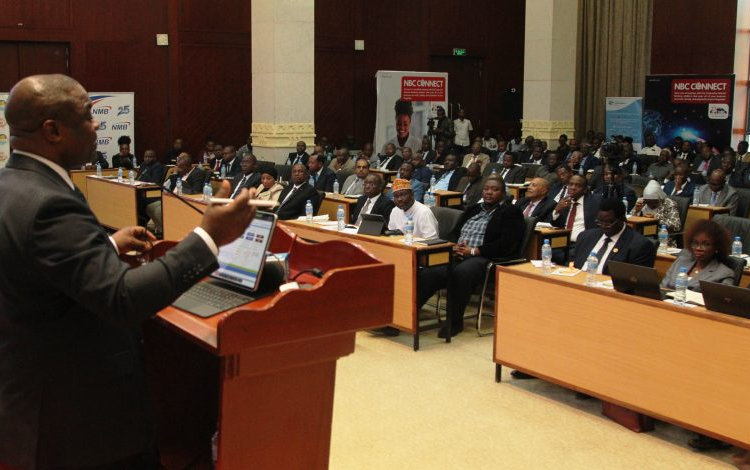The Treasury Registrar (TR) Nehemiah Mchechu has announced major reforms in the office, with the aim of transforming the performance of public institutions, organisations and agencies in their daily operations.
He said the reforms will also increase productivity and enable the entities to timely remit their dividend, increase their investment capital as well as reducing dependency from the central government.
The TR made the statement during his meeting with the board chairpersons and Chief Executive Officers (CEO’s) of public agencies, institutions and other statutory corporations.
According to him, the reforms will look at various areas, such as reviewing and updating the institution’s business plan, suggesting amendments that have to be made in improving efficiency as well as improving the Information Communications Technology (ICT) systems.
He also tasked the public institutions to ensure effective fulfilment of their legal requirement of paying reasonable dividend to the government, while continuing to implement their core roles and reduce dependency.
“The TR office is determined to increase non tax collections from 637.64bn/- of the year 2020/21 to 1.2tri/- by the year 2025/26,” he insisted.
Mr Mchechu was also concerned with the decline in the number of organisations, institutions and agencies that are issuing dividends in recent years.
Statistics show that in the financial year 2019/2021, a total of 236 entities contributed 695.88bn/-, while in 2020/2021 there were 200 entities that issued 477.9bn/- and 2021/2022 only 136 institutions that issued 644.9bn/-.
A number of contributors also declined in the private companies, where the government holds small shares.
According to Mchechu, in 2019/2021, a total of 30 companies contributed 58bn/-, while in 2020/2021 there were 18 companies that issued 159bn/- and 2021/2022 only 14 firms that contributed 204bn/-.
“Despite the decline in the number of contributors, the figure shows that the amount of dividend has been going up,” he said, insisting on the need for all public institutions to ensure they pay dividends accordingly.
Currently, the government through TR office has an investment amounting to 70.67tri/- as capital and resources in various public agencies, institutions and statutory corporations within and outside the country.
“The government has invested in 298 institutions, among which 248 are public agencies and institutions and the remaining 50 are private companies that the government holds small shares,” he said.
Moreover, he said the TR office is planning to form an investment fund that will have capital for public institutions and organisations.
This, according to him, will go together with identification of institutions that are suitable to operate commercially where they will be provided with funds to run their operation without depending on the central government.
“Currently, the capital required for public institutions stands at 1.1tri/-, but the figure will increase to 3tri/- in the next three years,” he said, adding that the investment fund will be formed in a year’s time.






























































